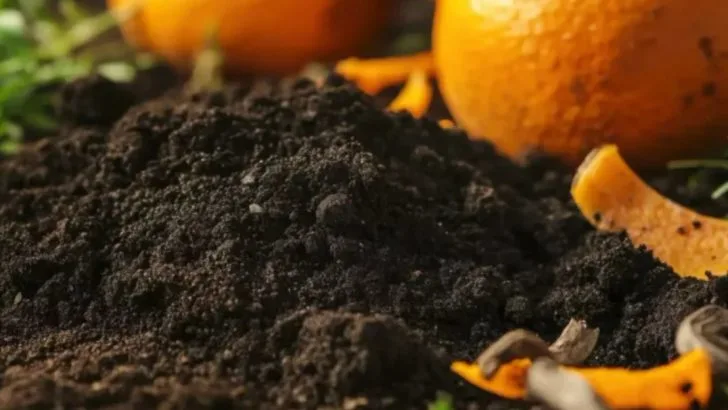If you’re losing lettuce to mystery munchers, the enemy’s already inside the gates. Pests don’t wait for permission. They creep in, chew through your hard work, and vanish before sunrise—like tiny, leaf-shredding ninjas. But here’s the truth: you’ve got more power than you think. With the right natural repellents (and a few hard truths about what not to do), you can flip the script. No chemicals. No traps. Just smart, tried-and-true methods that tell bugs, “Not today.” Because sometimes it’s not about what you plant—it’s about what you accidentally roll out the welcome mat for. Let’s fix that. Your garden deserves better.
Garlic Spray
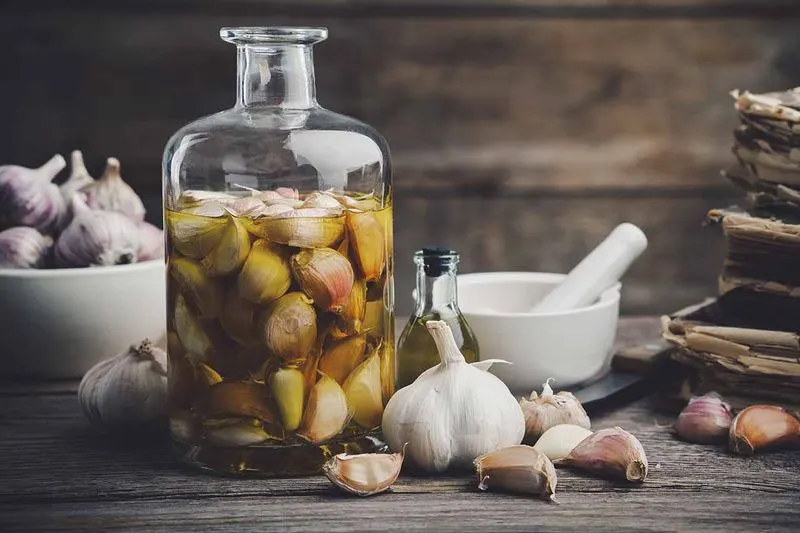
Garlic spray stands as a timeless defense against garden pests. The potent aroma deters insects, keeping them at bay without harming your plants. To make garlic spray, blend garlic cloves with water, strain, and mix with a small amount of dish soap. Spray this solution onto your plants, particularly focusing on the undersides of leaves where pests often hide.
This organic method respects the soil’s balance while warding off unwanted visitors. Embrace the power of garlic to preserve your garden’s vitality. Its natural efficacy makes it a beloved choice among organic gardeners.
Neem Oil
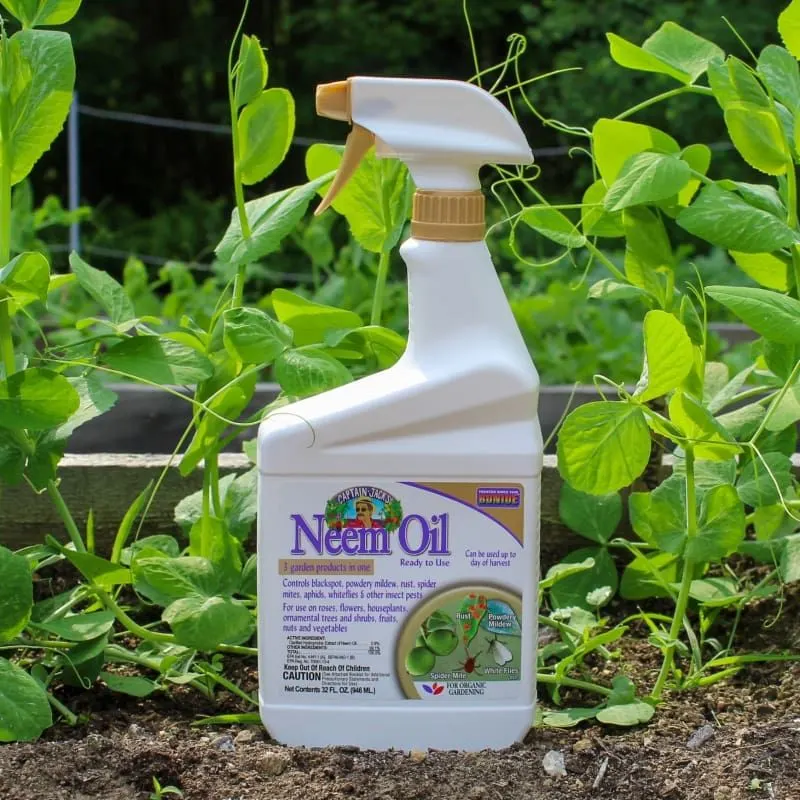
Neem oil, extracted from the seeds of the neem tree, is a champion in natural pest control. Known for its ability to disrupt insect life cycles, neem oil interferes with reproduction and feeding. Apply this oil by mixing it with water and spraying it onto affected plants. Its systemic properties ensure prolonged protection, making it a worthy investment for persistent infestations.
Gardeners appreciate neem oil’s versatility, as it combats a wide range of pests while promoting plant health. An essential tool in sustainable gardening, neem oil’s effectiveness is both revered and relied upon.
Diatomaceous Earth
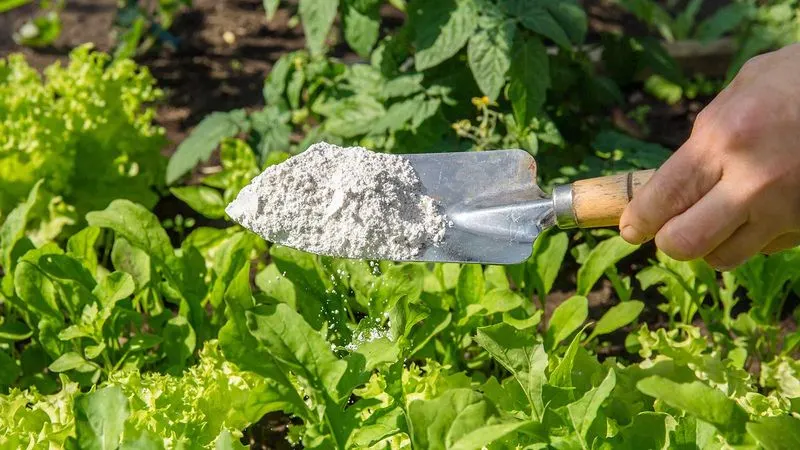
Diatomaceous earth offers a unique mechanical approach to pest control. Made from fossilized algae, this fine powder adheres to insects, dehydrating them and leading to their eventual demise. Sprinkle diatomaceous earth around plant bases and directly onto pests for optimal results.
This method stands out for its non-toxic nature, ensuring safety for pets and humans. Many gardeners find diatomaceous earth indispensable, particularly in combating crawling insects like slugs and beetles. Its effectiveness and eco-friendly nature make it a popular choice for conscientious gardeners.
Citrus Peels
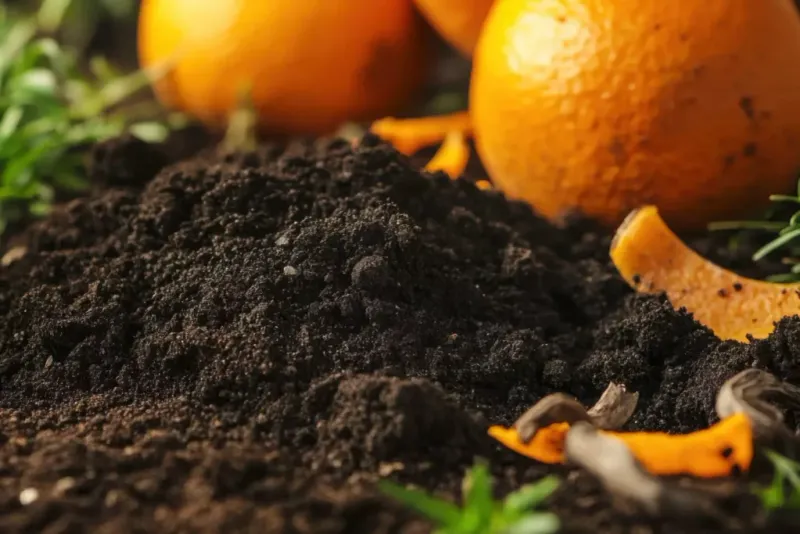
Citrus peels can transform pest control into a fragrant affair. These peels release a scent that deters pests, keeping them away from your plants. Scatter fresh peels around the garden, particularly near vulnerable plants.
As they decompose, they enrich the soil, adding a dual benefit to their use. This approach appeals to those seeking a simple, biodegradable solution. Citrus peels not only protect plants but also offer a refreshing aroma, enhancing the garden’s ambiance. Their simplicity and effectiveness are cherished by eco-conscious gardeners worldwide.
Marigold Flowers
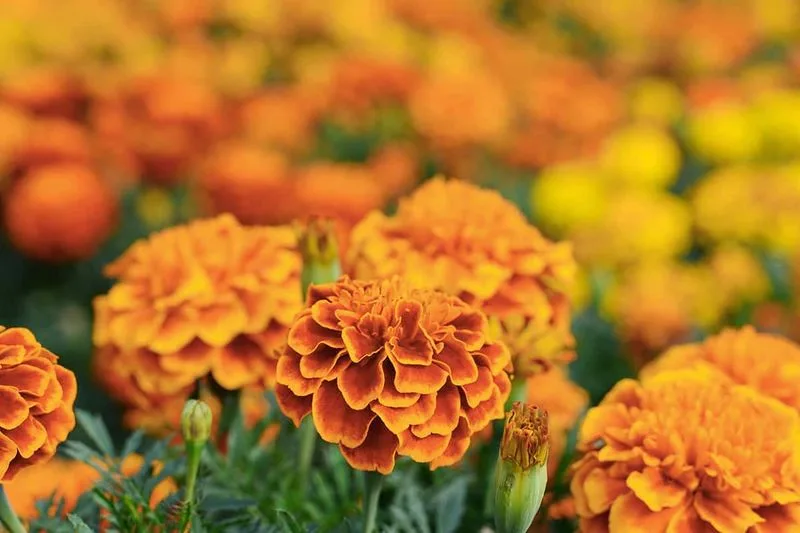
Marigold flowers bring beauty and protection to gardens. These vibrant blooms emit a fragrance that repels a variety of pests, including nematodes and aphids. Plant marigolds alongside vegetables to create a protective barrier.
Their natural pest-repelling qualities make them a favorite companion plant. Beyond their defensive role, marigolds add color and life to any garden, blending aesthetic appeal with practicality. Many gardeners swear by marigolds, considering them an integral part of organic pest management. Their multifaceted benefits make them a garden staple.
Coffee Grounds
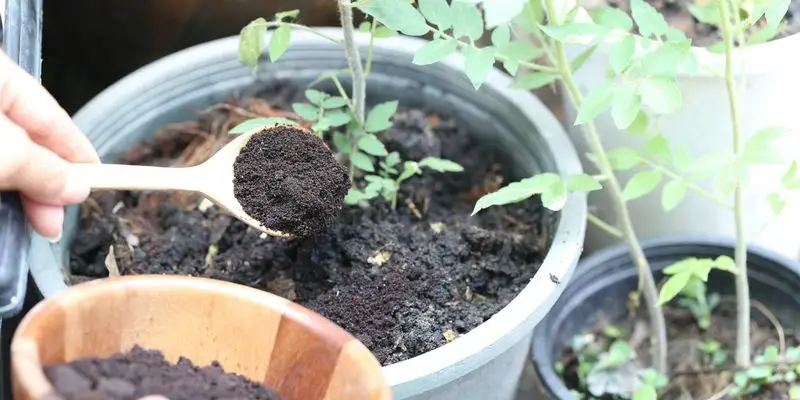
Coffee grounds, a common kitchen waste, serve as an effective pest deterrent. Sprinkling them around plants creates a hostile environment for pests like slugs and snails. The grounds’ gritty texture is unpleasant for these creatures, keeping them away.
Additionally, coffee grounds enrich the soil, offering nitrogen and other nutrients. This dual-functionality appeals to sustainable gardeners who cherish minimizing waste. By recycling coffee grounds, gardeners can protect their plants while fostering soil health. This simple yet effective method illustrates how everyday waste can serve garden needs.
Chili Pepper Spray

Chili pepper spray capitalizes on the spicy nature of chili peppers to deter pests. This fiery mixture is made by blending fresh or dried chilies with water and a dash of soap. Sprayed directly onto plants, it discourages insect feeding and infestation.
Gardeners who use chili pepper spray appreciate its potent action. It targets various pests, including aphids and caterpillars, without harming beneficial insects. The distinct advantage of using natural ingredients makes chili pepper spray a preferred choice for those emphasizing organic methods in pest management.
Companion Planting

Companion planting involves strategically pairing plants to deter pests and promote growth. Certain combinations, such as basil with tomatoes, repel insects while enhancing flavor and vigor.
This method encourages biodiversity, creating a balanced ecosystem that naturally manages pests. Gardeners who practice companion planting often observe healthier plants and reduced pest activity. Its holistic approach appeals to environmentally conscious individuals seeking sustainable solutions. By working in harmony with nature, companion planting provides a peaceful and effective means of maintaining garden health.
Essential Oils
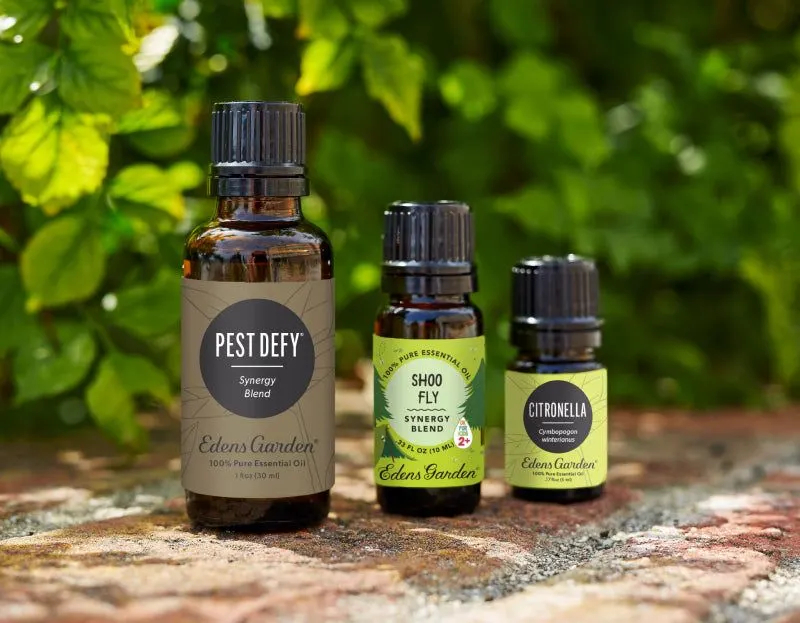
Essential oils offer a fragrant solution to pest problems. Oils such as peppermint, rosemary, and lavender repel insects when diluted and sprayed onto plants. Their pleasant aroma makes this method particularly attractive for home gardens.
Beyond their pest control abilities, essential oils contribute to plant health and vigor. Gardeners enjoy experimenting with different scents to find the most effective combinations. This approach not only wards off pests but also enhances the garden’s sensory appeal, making it a favorite among those who value both function and fragrance.
Natural Soap Solutions
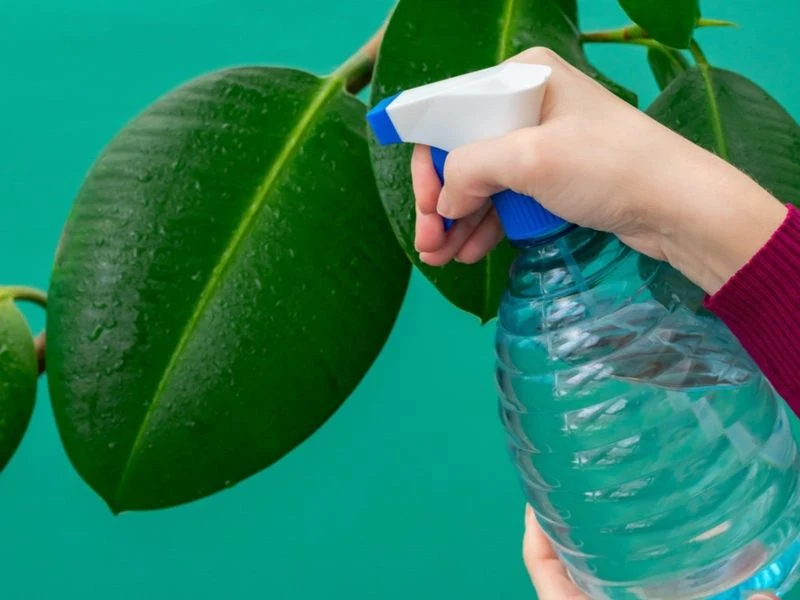
Natural soap solutions provide a gentle yet effective way to combat garden pests. By mixing mild soap with water, gardeners can create a spray that disrupts the cell membranes of insects, leading to their demise.
This method is favored for its minimal environmental impact, aligning with sustainable gardening principles. Soap solutions target soft-bodied insects like aphids, without affecting beneficial species. Gardeners who prioritize eco-friendly practices often turn to soap solutions, appreciating their simplicity and efficacy. It’s a straightforward choice for maintaining garden health naturally.
Overwatering
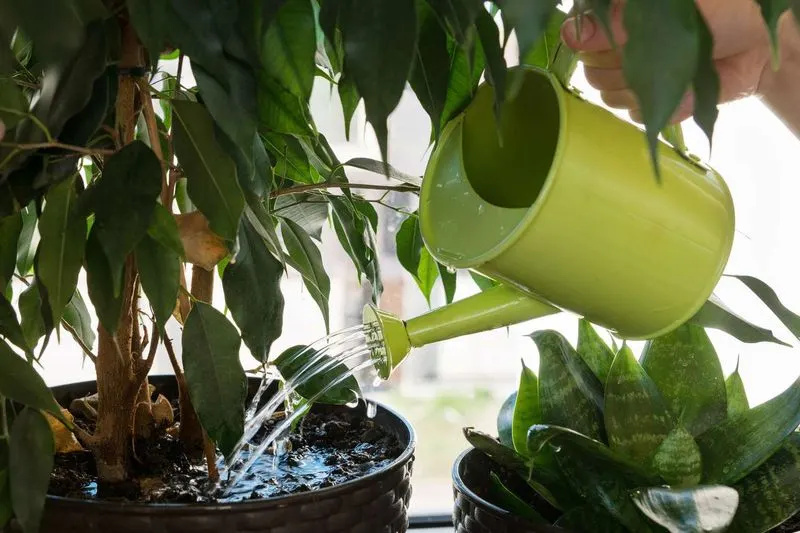
Overwatering is a common mistake that invites pests to your garden. Excess moisture creates an ideal environment for fungi and insects, leading to plant disease and decay.
Gardeners must find a balance, ensuring plants receive adequate hydration without overwhelming their root systems. Monitoring soil moisture and adjusting watering schedules can prevent these issues. The key lies in understanding each plant’s specific needs. By avoiding overwatering, you reduce the risk of pest-related problems, fostering a healthier garden environment. Awareness and careful management are essential to successful gardening.
Ignoring Plant Health
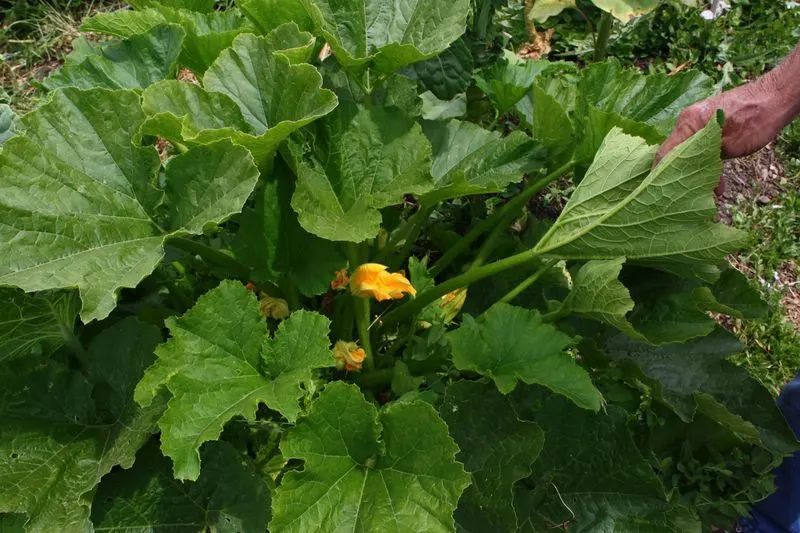
Ignoring plant health can inadvertently invite pests. Weak or neglected plants are more susceptible to infestations as they lack the resilience to fend off attackers.
Regular maintenance, including pruning and nutrient management, enhances plant vigor and resistance. Gardeners should remain vigilant, addressing issues promptly to prevent pest outbreaks. A proactive approach is key to sustaining a healthy garden. By prioritizing plant health, you create an environment less inviting to pests, ensuring your garden thrives. The benefits of diligence and care are reflected in robust, flourishing plants.
Poor Soil Quality
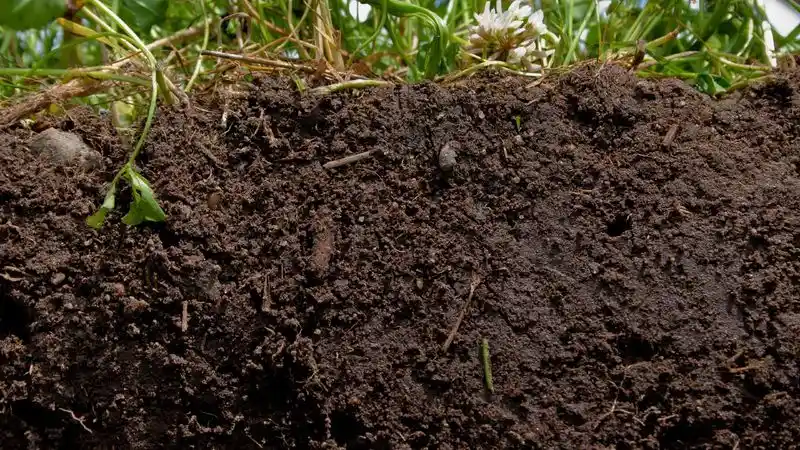
Poor soil quality can lead to pest problems in gardens. Compacted or nutrient-deficient soil weakens plant defenses, making them more vulnerable to attacks.
Improving soil quality through amendments like compost or organic matter supports plant health and resilience. Gardeners must focus on building rich, well-aerated soil to discourage pests naturally. The effort invested in enhancing soil conditions pays off in healthier, more robust plants. By nurturing the soil, you create a foundation for a thriving garden ecosystem, less susceptible to pest challenges.
Lack of Garden Hygiene
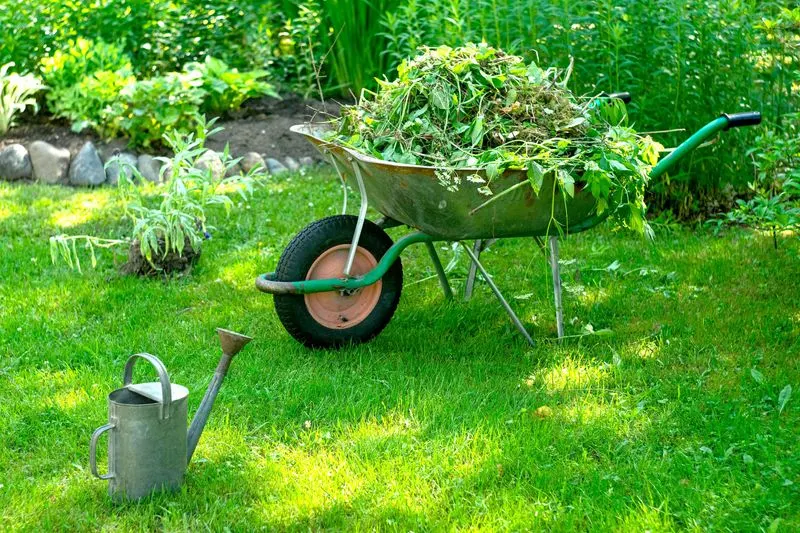
A lack of garden hygiene invites pests into your outdoor space. Debris and decaying matter provide shelter and breeding grounds for insects and diseases.
Regular cleaning, including removing dead leaves and maintaining tidy plant beds, is crucial for pest prevention. Gardeners who prioritize cleanliness find fewer pest issues and healthier plants. Good hygiene practices extend to tools and equipment, preventing disease spread. By maintaining a clean garden environment, you reduce pest risks and promote plant vitality. It’s a fundamental aspect of successful gardening.

